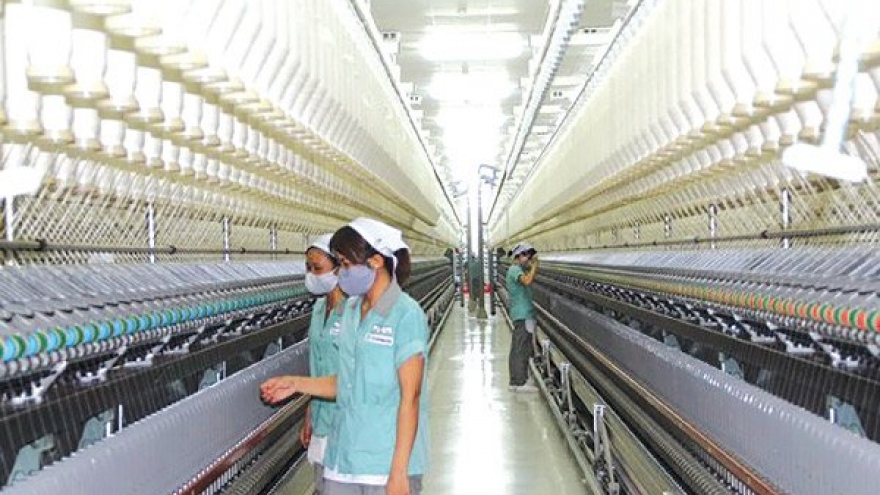Pham Xuan Hong, chairman of the HCM City Association of Garment Textile Embroidery-Knitting (Agtek), pointed out the challenges for the industry in the near future, including greater competition from regional countries like China, Myanmar, and Cambodia.
To overcome barriers and sharpen competitive capacity, Mr. Hong said domestic businesses must improve workers’ skills and renovate management methods to optimize production and improve efficiency.
He forecast that the garment sector will thrive next year if strategies are implemented effectively to put the industry on the right track. Particularly, businesses are researching new trading methods, which will help create more added value.
To iron out the snags and increase added values of export garment products, the Government and other relevant ministries and departments have gradually removed hurdles and issued policies to develop the support industry, contributing to the development of the supply chain in the garment sector.
Participants at the seminar proposed measures such as fully exploiting the domestic market of more than 90 million people, and maintaining and developing key markets such as the US, EU, Japan, and the Republic of Korea, as well as other markets like ASEAN, Eurasian Economic Union, India, and Latin America.
Other proper policies should be devised to attract foreign investment in fibre production, weaving, and dying, and mobilizing sources to develop smart garment and textile plants.
